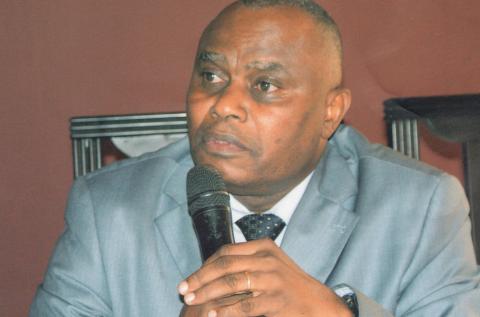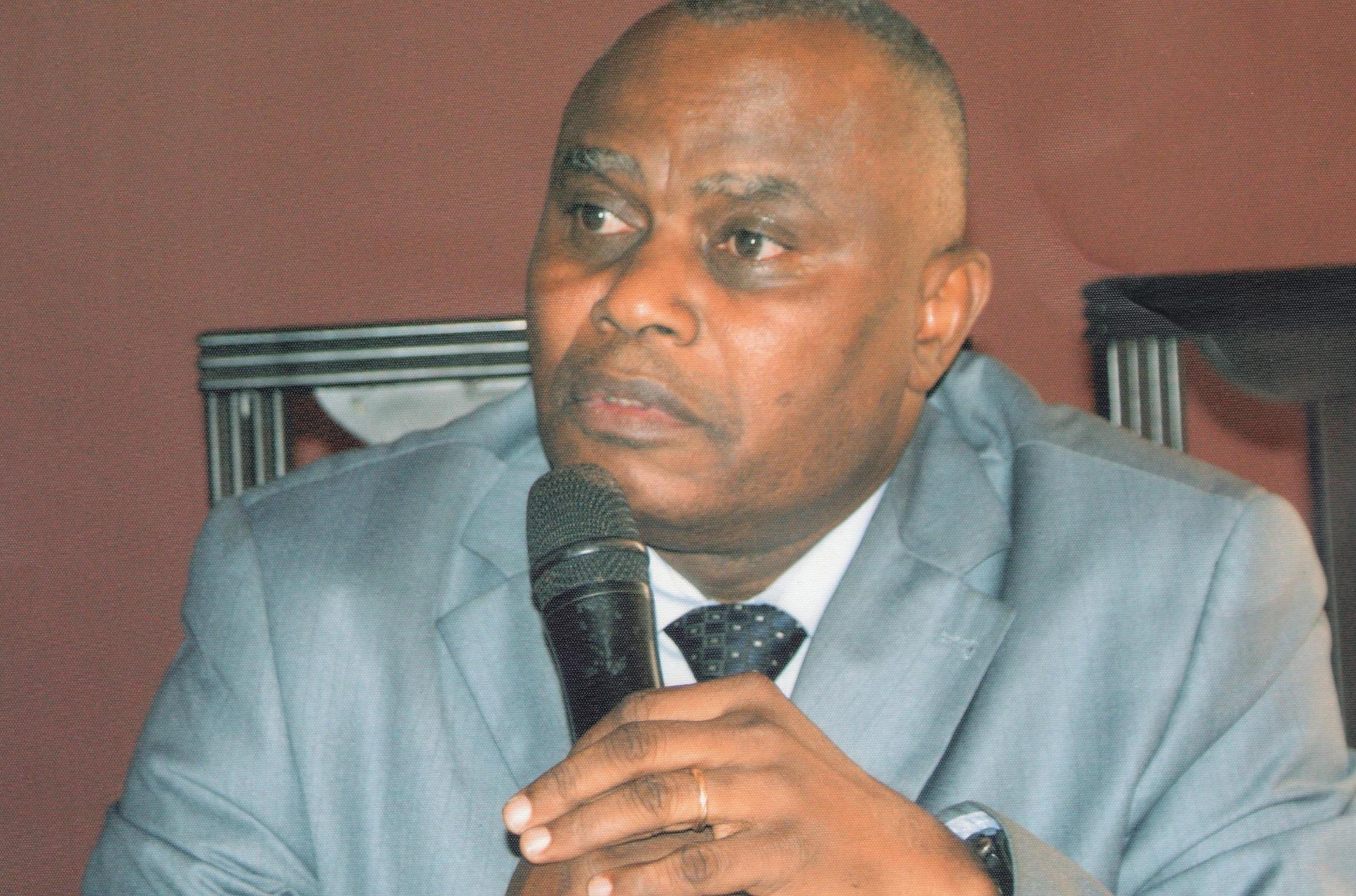
The revision of the current public health law in DRC may have a large impact on the health situation of the country by introducing the concept of Universal Health Coverage (UHC). The Healthcare sector in DRC is still governed by a decree which dates from the colonial period—1952—and is consequently outmoded.
In 2001, a draft framework on health was presented to the Parliament but was never adopted. That said, in 2006 changes in the constitution established decentralization and made provinces responsible for primary health. Since then, the Central Government Ministry of Health and the provincial Ministries of Health have been meeting regularly and sharing responsibilities. The Ministry of Health and its partners, like the WHO, felt it necessary to update the draft law and align it with the strategy to strengthen the health system. “A main activity for this year is the reform of the cabinet with decentralization. We are going from 11 provinces to 26. The Healthcare sector is one of the priority sectors for this decentralization. We supported the implementation of the new regions – health districts, or health zones,” said Jean-Pierre Lokonga, National Director of Programs in DRC with the WHO.
Before this new draft legislation is examined by the Parliament at the request of the Head of State, another one on UHC will also be discussed in the National Assembly. Its adoption was delayed due to obstacles like the health financing mechanisms.
WHO support allowed the country to analyze both draft proposals and to suggest merging them into a single law. The new proposed law will soon be adopted at the level of the government. It will then go to the Assembly. The adoption of this law will revolutionize the organization of the health system and the way towards UHC.
